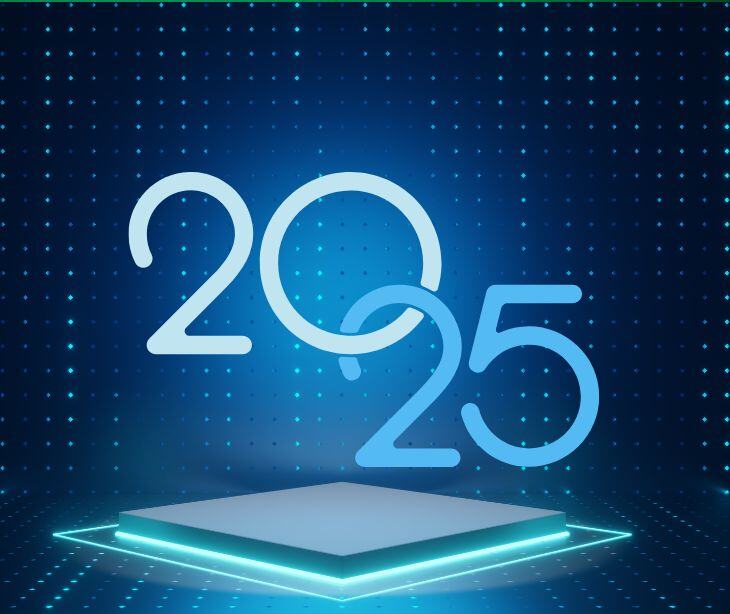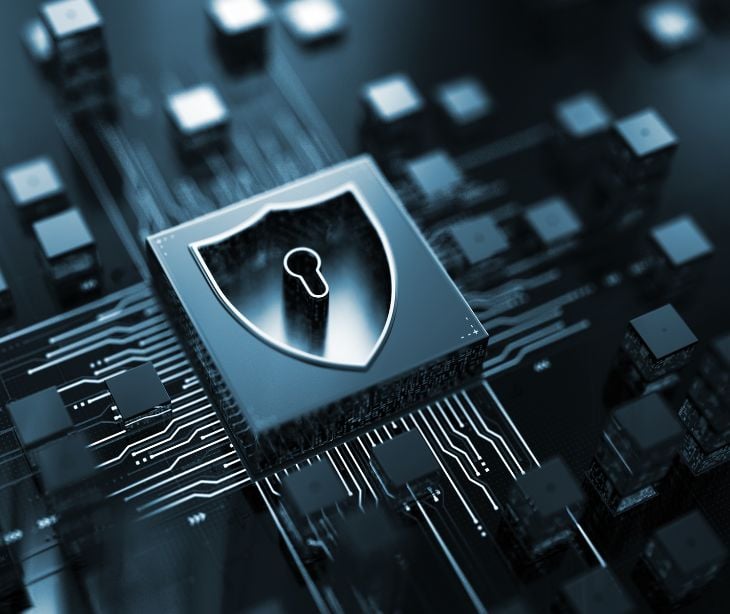2 min read
Top 5 cybersecurity lessons from the largest HIPAA settlements
Farah Amod
Jan 6, 2025 4:10:33 PM
%20-%202025-01-06T190814.093.jpg)
Massive HIPAA settlements reveal common missteps in healthcare cybersecurity and offer valuable lessons for protecting sensitive patient data.
The challenge of healthcare cybersecurity
Healthcare organizations, no matter their size or location, are under constant risk of data breaches. Whether phishing schemes or vulnerabilities from unprotected devices, these weaknesses leave protected health information (PHI) vulnerable. As cyberattacks grow more advanced, maintaining HIPAA compliance demands coordinated efforts across every level of an organization.
Major HIPAA settlements showcase the high stakes of overlooking cybersecurity while providing takeaways for strengthening defenses. Here are five lessons drawn from the most notable cases.
$16 million fine: Anthem (2018)
Anthem’s data breach remains one of the largest in healthcare history, impacting nearly 79 million individuals. The breach began with a single phishing email, which allowed attackers to infiltrate systems and expose sensitive information. Anthem faced a record $16 million fine and was required to implement a corrective action plan.
Lesson: Phishing is a gateway for large-scale breaches. Regular security risk assessments and employee training on spotting phishing attempts are fundamental.
$6.85 million fine: Premera Blue Cross (2020)
A phishing attack on Premera Blue Cross led to the exposure of over 10 million records. The breach went undetected for nine months, indicating the organization’s failure to monitor system activity and enforce adequate risk management practices.
Lesson: Early detection matters. Continuous monitoring and audits are beneficial for identifying unusual activity and stopping breaches before they escalate.
$5.5 million fine: Advocate Health Care (2016)
Advocate Health Care’s penalty stemmed from multiple breaches, including the theft of unencrypted laptops containing sensitive patient information. Investigations revealed a failure to secure devices and conduct risk assessments.
Lesson: Encryption is non-negotiable. All devices that store or access PHI must be encrypted, and organizations should implement strict protocols for device security.
$5.5 million fine: Memorial Healthcare Systems (2017)
For over a year, former employee credentials were used to access sensitive patient data at Memorial Healthcare Systems. The organization’s failure to deactivate accounts and monitor access logs led to a $5.5 million fine.
Lesson: Ensure credentials are deactivated immediately after employee departures, and regularly review access logs for anomalies.
$5.1 million fine: Excellus Health Plan (2021)
Excellus Health Plan’s breach exposed the data of 9.3 million individuals due to insufficient risk management and a failure to conduct enterprise-wide risk assessments. The breach went undetected for over a year.
Lesson: Risk management must be ongoing. Comprehensive risk assessments should cover all systems, processes, and devices to identify and address vulnerabilities.
A roadmap for improving cybersecurity
- Conduct regular risk assessments: Evaluate vulnerabilities across the organization and update safeguards as needed.
- Invest in employee training: Equip all staff with the knowledge to recognize phishing attempts and handle sensitive information securely.
- Implement encryption: Secure devices and systems with encryption to protect ePHI from unauthorized access.
- Strengthen access controls: Limit system access based on job roles and promptly deactivate accounts when employees leave.
- Develop an incident response plan: Prepare for breaches with a clear plan to contain damage, communicate effectively, and comply with HIPAA reporting requirements.
Turning lessons into action
HIPAA violations can result in costly settlements and reputational harm, but they also offer a roadmap for improvement. As these cases show, investing in proactive measures can protect patient data, maintain trust, and help organizations avoid the consequences of noncompliance. By learning from these lessons, healthcare organizations can stay ahead of threats and foster a culture of cybersecurity awareness.
FAQs
What is cybersecurity?
Cybersecurity involves protecting systems, networks, and data from cyber threats like hacking, phishing, and malware. In healthcare, it ensures that sensitive information like protected health information (PHI) remains secure.
What are the consequences of neglecting cybersecurity in healthcare?
HIPAA violations lead to massive fines, data breaches, and reputational damage. Proactive cybersecurity measures protect PHI and maintain trust.
What is phishing?
Phishing is a cyberattack where attackers send fraudulent emails or messages to trick individuals into sharing sensitive information, such as passwords, or clicking on malicious links that compromise systems.
How does this connect to HIPAA compliance?
HIPAA requires safeguarding PHI through encryption, risk assessments, access controls, and breach response plans. Noncompliance results in penalties and legal action.
Learn more: HIPAA Compliant Email: The Definitive Guide



%20(6).jpg)
